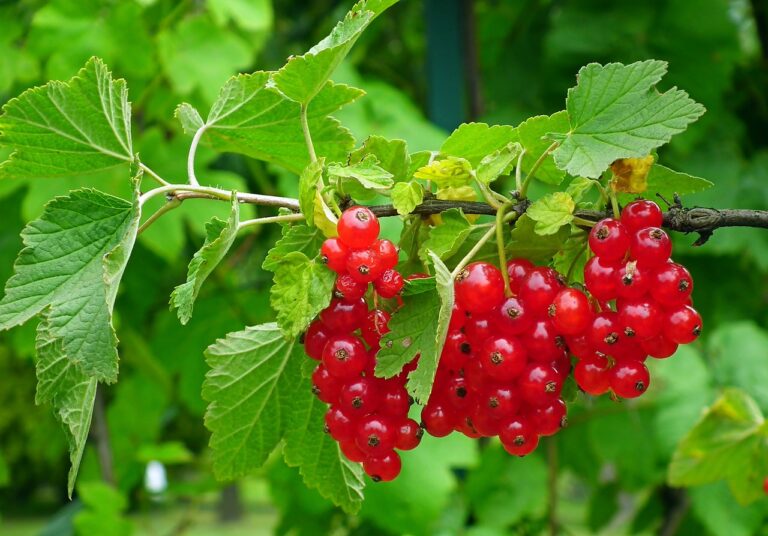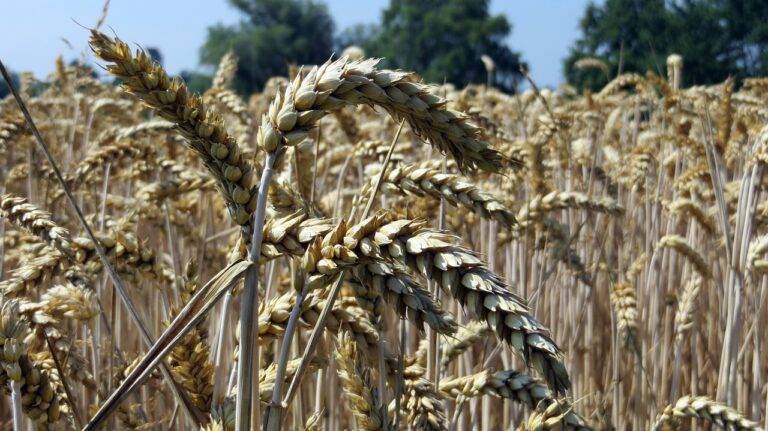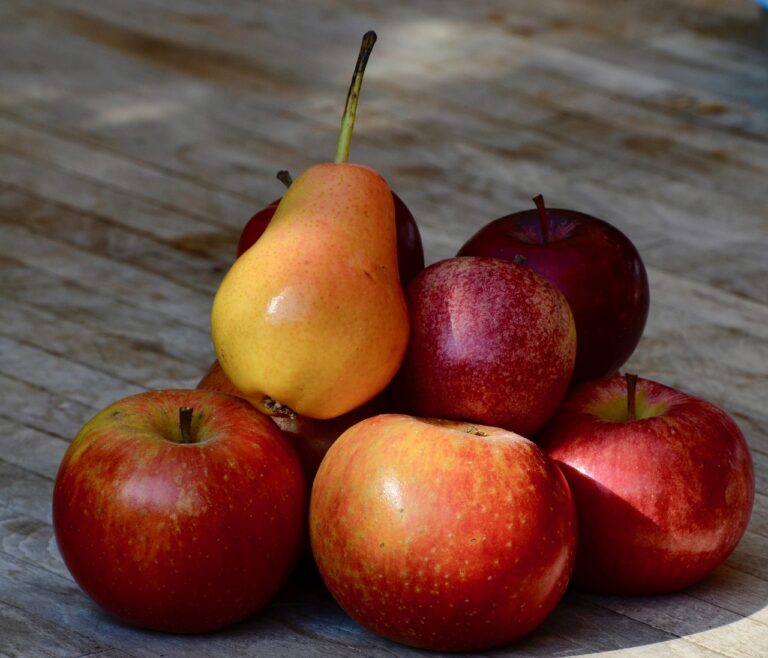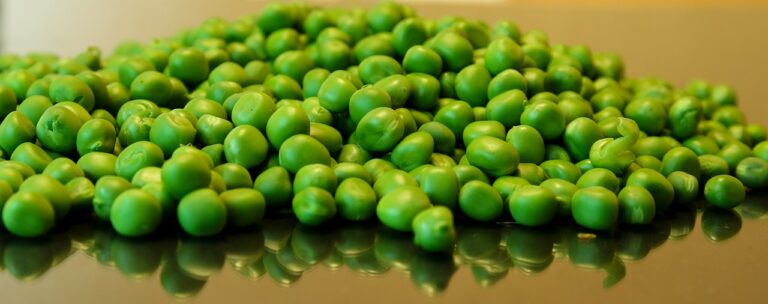The Role of Food in Environmental Conservation
When it comes to considering the implications of our food choices on the environment, the impact is profound and far-reaching. The foods we choose to consume have direct consequences on ecosystems, biodiversity, and climate change. The methods of food production, transportation, and disposal all play a significant role in shaping the environmental footprint of our diets.
The livestock industry, for instance, is a major contributor to greenhouse gas emissions and deforestation. By shifting towards plant-based diets or selecting sustainably sourced animal products, individuals can help reduce the strain on natural resources and minimize their environmental impact. Making informed and conscious food choices is essential for promoting the health of the planet and ensuring a sustainable future for generations to come.
Impact of Agriculture on the Environment
Agriculture plays a significant role in shaping our environment. From deforestation for agricultural land to the heavy use of chemicals and fertilizers, this industry has a substantial impact on the ecosystem. The clearing of forests for crops and livestock not only decreases biodiversity but also releases carbon dioxide into the atmosphere, contributing to climate change.
Furthermore, the intensive use of pesticides and fertilizers in agriculture can lead to water pollution. Runoff from farms can carry these chemicals into nearby water sources, contaminating them and harming aquatic life. This pollution can also make the water unsafe for human consumption and disrupt the balance of local ecosystems.
How does agriculture impact the environment?
Agriculture contributes to deforestation, water pollution, soil degradation, greenhouse gas emissions, and loss of biodiversity.
Why do food choices matter in environmental conservation?
Food choices directly impact agricultural practices, including the use of pesticides, water consumption, and land use, which in turn affect the environment.
What can individuals do to reduce the environmental impact of agriculture?
Individuals can choose sustainably produced foods, reduce food waste, support local farmers, and advocate for policies that promote environmentally-friendly agricultural practices.
What are some examples of environmentally-friendly agricultural practices?
Examples include organic farming, agroforestry, crop rotation, integrated pest management, and conservation tillage.
How does agriculture contribute to water pollution?
Agriculture can contribute to water pollution through the runoff of pesticides, fertilizers, and animal waste into water bodies, leading to contamination and eutrophication.
What are the consequences of soil degradation caused by agriculture?
Soil degradation can lead to reduced crop productivity, increased erosion, loss of soil fertility, and decreased biodiversity in the ecosystem.







